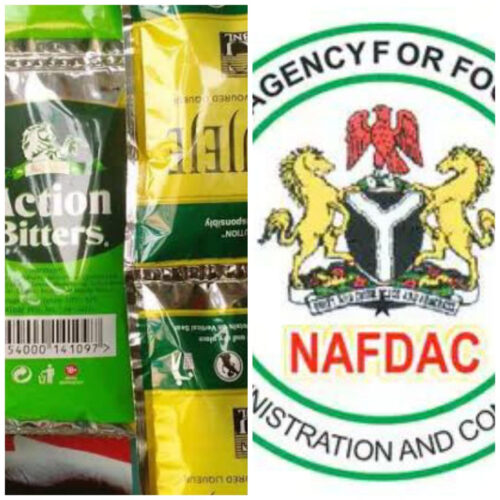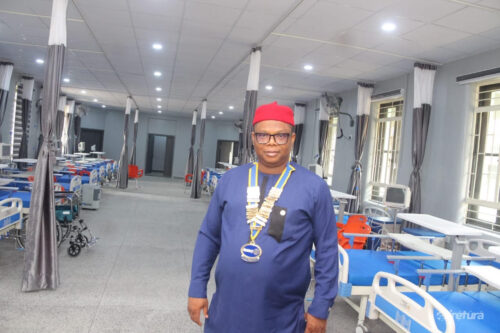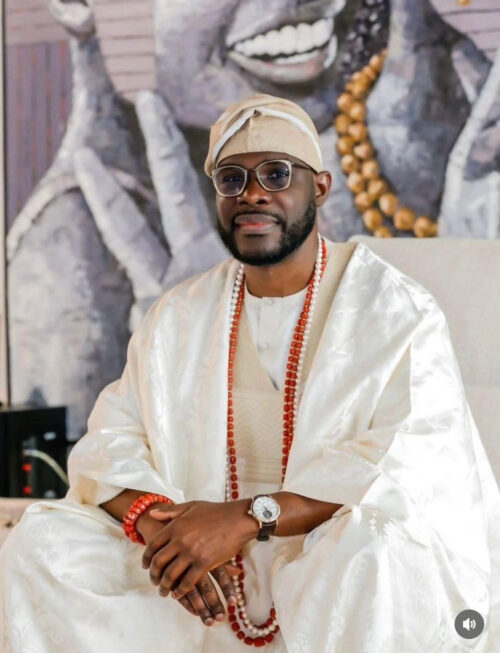NEWS
2016 Cowbellpedia Winners To Go Home With N6million Cash.

- /home/porsch10/public_html/wp-content/plugins/mvp-social-buttons/mvp-social-buttons.php on line 27
https://porscheclassy.com/wp-content/uploads/2016/06/COWBELLPEDIA-658x370.png&description=2016 Cowbellpedia Winners To Go Home With N6million Cash.', 'pinterestShare', 'width=750,height=350'); return false;" title="Pin This Post">
- Share
- Tweet /home/porsch10/public_html/wp-content/plugins/mvp-social-buttons/mvp-social-buttons.php on line 69
https://porscheclassy.com/wp-content/uploads/2016/06/COWBELLPEDIA-658x370.png&description=2016 Cowbellpedia Winners To Go Home With N6million Cash.', 'pinterestShare', 'width=750,height=350'); return false;" title="Pin This Post">
-
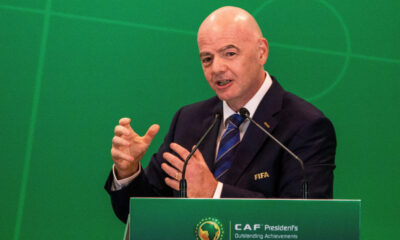
 SPORT3 days ago
SPORT3 days agoFIFA President Slams Senegalese Players, Technical Staff Over AFCON Final Chaos
-
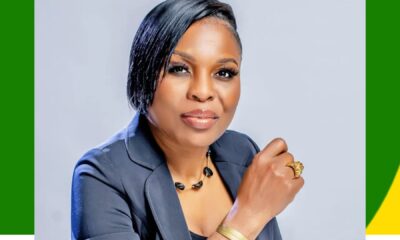
 BIG STORY3 days ago
BIG STORY3 days agoOgun Police Command File Six-Count Cyberbullying Charge Against Activist Just Adetoun
-
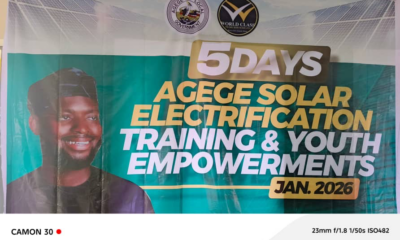
 POLITICS3 days ago
POLITICS3 days agoHon. Abdulganiu Vinod Obasa Empowers Agege Youths with Solar Energy Skills, Drives Grassroots Development
-
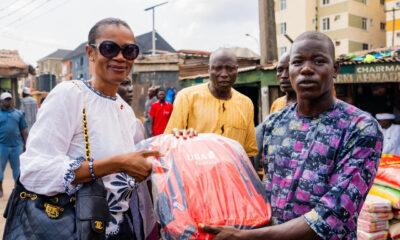
 BUSINESS3 days ago
BUSINESS3 days agoUBA Foundation Deepens Pan-African Impact, Delivers Continent-Wide Aid To Vulnerable Communities, Others.
-

 NEWS3 days ago
NEWS3 days agoAbuja Electricity Distribution Plc Evolves Into Holding Company Structure To Align With Decentralized Regulatory Framework – Announces Strategic Appointments
-
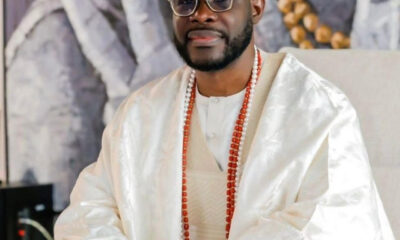
 NEWS1 day ago
NEWS1 day agoSuccession Tension In Ijebu Land As Alleged Smear Campaign Targets Omooba Abimbola Onabanjo
-
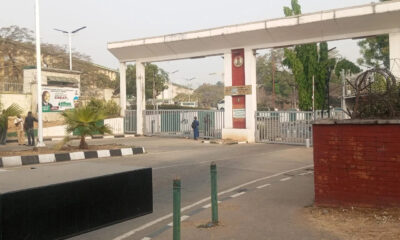
 BIG STORY3 days ago
BIG STORY3 days agoJUST IN: FCTA, FCDA Workers Begin Strike, Shut Down Offices
-
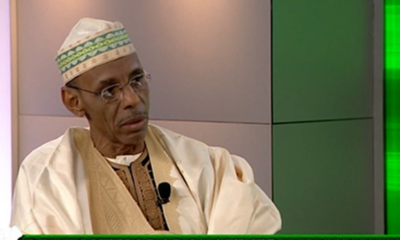
 BIG STORY1 day ago
BIG STORY1 day agoADC Will Bleed After Convention, Mass Exit Likely To Happen If Atiku Emerges Flagbearer —- Hakeem Baba-Ahmed













